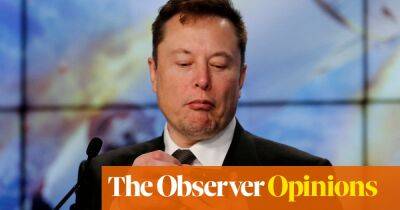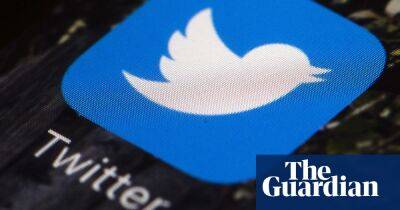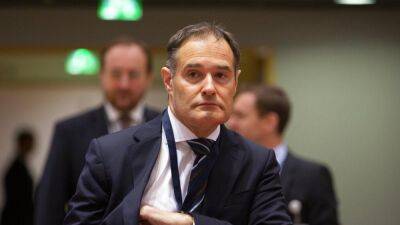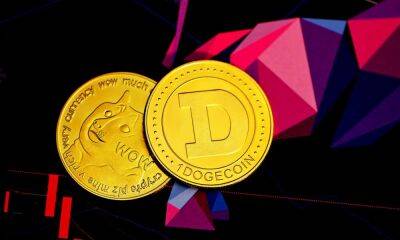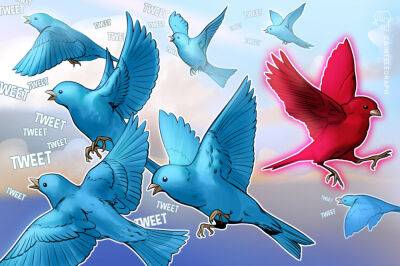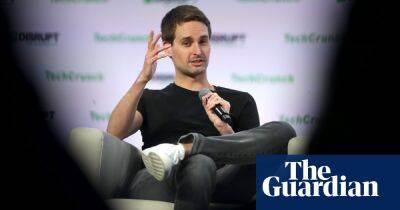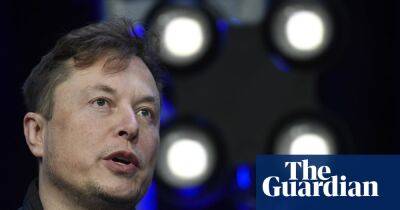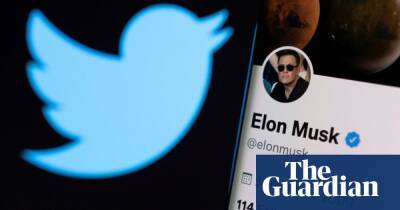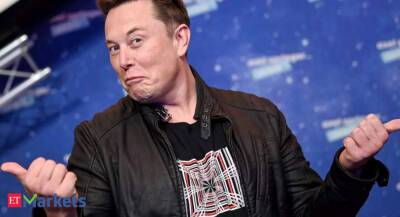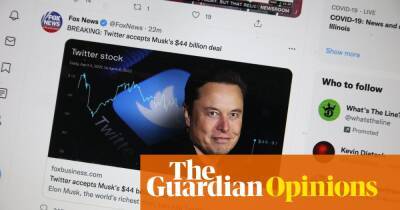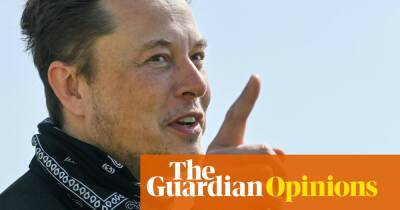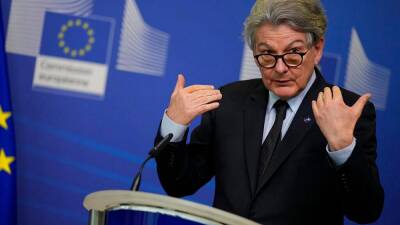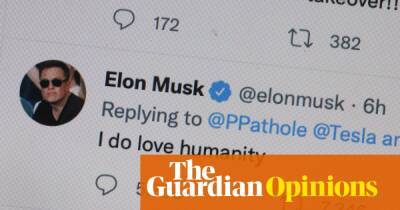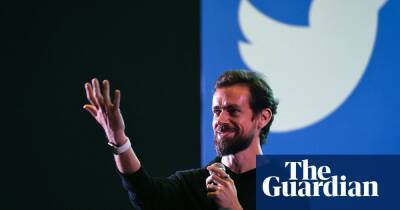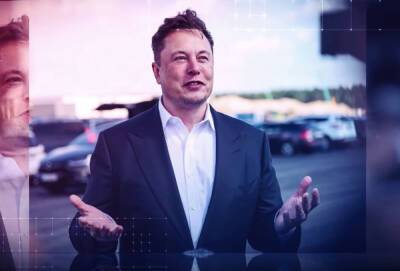The Guardian view on Twitter: when free speech costs a bomb
Announcing his £35bn ($44bn) acquisition of Twitter this week, Elon Musk made a typically sweeping claim: “Free speech is the bedrock of a functioning democracy, and Twitter is the digital town square where matters vital to the future of humanity are debated.” The self-described “free speech absolutist” now owns a platform where those views will probably shape the experience of its 400 million users and possibly wider society. His position deserves serious examination.
Put into practice, the website might find itself going back to the future. A decade ago, Twitter executives described it as “the free speech wing of the free speech party”. That was an era in which protesters in the Arab spring tweeted against their authoritarian rulers and when wannabes gained notoriety for directing vile racist and sexist abuse against others often more famous. From MPs to female actors in Ghostbusters, the hate brigaders had many targets and met pitifully few obstructions. It took until December 2017 for the platform to boot off the American Nazi party and other white supremacists, months after the lethal Unite the Right rally in Charlottesville, Virginia. Painfully slowly, the platform had finally learned that its policy of letting people say pretty much whatever they liked created an environment that millions didn’t like. It dismayed users and repelled advertisers.
The very views that have helped make Mr Musk such a popular user of Twitter (86 million followers and rising) will be useless to him as its owner. Take one of the billionaire’s tweets from this week, which reads in part: “By ‘free speech’, I simply mean that which matches the law. I am against censorship that goes far beyond the law.” Sounds reasonable, but in practice it is
Read more on theguardian.com
